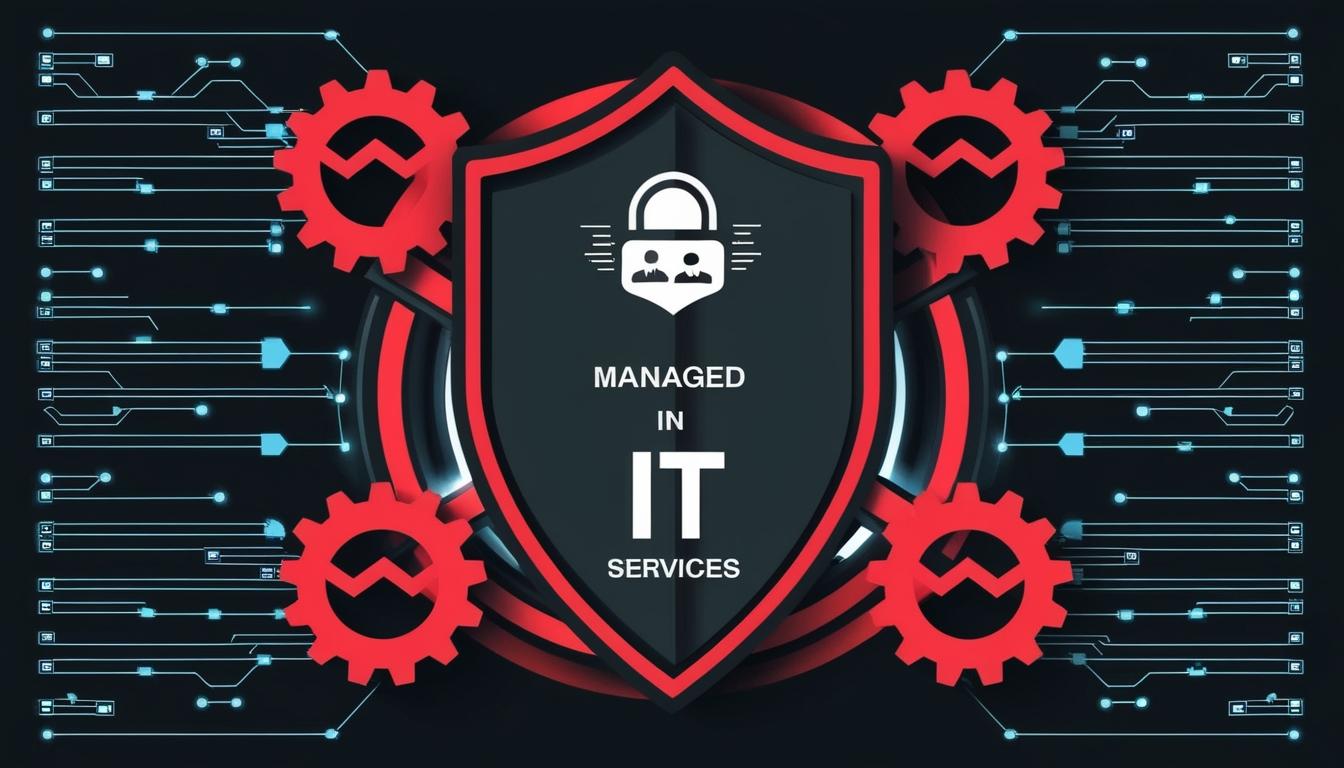The business landscape is evolving rapidly, spurred on by advancements in technology, particularly in the realm of artificial intelligence (AI) and automation. As organisations increasingly rely on digital solutions, the complexity of managing IT systems enhances the challenge for many businesses, especially those lacking in-house expertise. This has led to a significant rise in the adoption of Managed IT solutions, designed to streamline IT operations through outsourcing to professional service providers.
Managed IT solutions entail delegating specific IT responsibilities to a third-party provider, known as a Managed Service Provider (MSP). These services encompass a broad array of tasks including network monitoring, cybersecurity measures, data backup and recovery, as well as cloud services management. By leveraging specialised expertise, businesses can hone in on their core operations without the added burden of IT-related concerns.
According to insights reported by TechBullion, the importance of Managed IT solutions is underscored by the increasing sophistication of digital threats and the financial implications of maintaining an in-house IT team. An MSP can enhance a business’s security posture by implementing robust security measures to safeguard against cyber threats. Additionally, utilising Managed IT solutions often translates into cost savings, as organisations only pay for the services they utilise rather than maintaining a full-time IT department.
The comprehensive nature of Managed IT solutions includes several key components that contribute to their effectiveness. Network management ensures optimal performance through ongoing monitoring, while cybersecurity measures deploy firewalls, antivirus software, and intrusion detection systems to protect against potential breaches. Moreover, data backup and recovery protocols mitigate risks associated with data loss, and cloud services facilitate scalable and flexible operations. The provision of help desk support ensures that immediate assistance is available when IT issues arise.
For businesses contemplating the implementation of Managed IT solutions, the process can be streamlined into a series of steps. First, assessing specific IT needs is essential; this could involve identifying requirements related to cybersecurity, cloud management, or data backup. Next, selecting an MSP with relevant industry experience enables better alignment with unique business needs. It's also crucial to set clear expectations and discuss objectives with the chosen provider to foster a collaborative working relationship. Developing a customised plan tailored to the organisation's budget and goals further aids in a successful integration. Initiating the transition gradually by starting with non-critical systems allows businesses to gauge the effectiveness of the services before expanding. Ongoing performance monitoring ensures compliance with agreed service levels.
The advantages of employing Managed IT solutions are extensive. Proactive maintenance helps identify and rectify issues before they escalate, while scalability ensures that services evolve in tandem with business growth. Moreover, MSPs typically offer specialised knowledge that might not be available internally, enhancing the overall capability of the organisation. Compliance support is another critical area where MSPs assist, ensuring adherence to industry regulations.
Despite their clear benefits, misconceptions about Managed IT solutions persist. The notion that these services are prohibitively expensive is misguided, as they often represent a more economical alternative to maintaining an in-house IT team. Additionally, the belief that outsourcing IT management relinquishes control is inaccurate; MSPs and organisations often work collaboratively to develop an effective IT strategy. Furthermore, these services are not solely beneficial to large corporations; small and medium-sized enterprises can equally gain from leveraging Managed IT solutions.
Choosing the right MSP is paramount for success. Companies are advised to consider factors such as the provider’s reputation, the range of services offered, responsiveness, and the ability to deliver customised solutions rather than a generic package.
As the digital landscape continues to transform, Managed IT solutions have transitioned from being a luxury to a necessity for businesses eager to maintain a competitive edge. By outsourcing IT responsibilities to dedicated experts, organisations can significantly boost efficiency, security, and overall growth potential in today's increasingly digital market.
Source: Noah Wire Services
